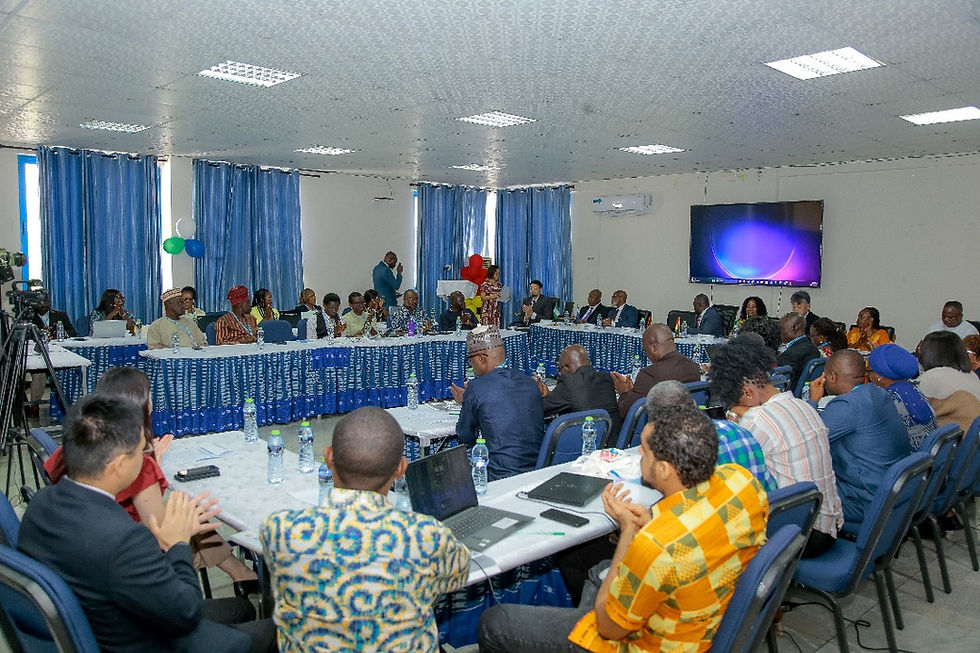Ghana poised for IMF approval on $13 Billion Eurobond overhaul
- Think News Online
- May 22, 2024
- 2 min read

Ghana's ambitious plan to restructure $13 billion in Eurobond debt, previously rejected by the International Monetary Fund (IMF), is now back on track due to unexpectedly robust economic growth.
Last month, the IMF rejected Ghana's initial proposal, citing that it did not meet crucial debt sustainability criteria.
However, Ghana's 2023 economic performance, nearly double the IMF's forecast, has prompted a fresh assessment by the fund.
The new debt sustainability analysis, expected to be completed soon, is likely to show that Ghana's economic outlook now aligns with the debt reduction targets, according to insiders familiar with the discussions.
This restructuring effort is a crucial component of Ghana's broader strategy to manage its $42.2 billion debt, following a halt on external debt payments in late 2022.
Last year, the government successfully restructured domestic debt and reached an agreement in principle with bilateral lenders in January.
The original deal with Eurobond holders fell short of reducing Ghana’s 2028 debt ratio to 55% of GDP by a mere percentage point, Finance Minister Mohammed Amin Adam revealed.
However, with the economy growing at 2.9% last year—far outpacing the IMF’s 1.5% projection—the new analysis is expected to show a more favorable debt outlook.
An IMF official confirmed that an updated debt sustainability report is in the works and will be presented to the executive board by the end of June.
This review is essential for the IMF's approval of further financial aid.
The IMF has already extended $3 billion in emergency funding to Ghana, with a second review clearing the way for a $360 million disbursement.
Pending executive board approval, total disbursements will reach $1.56 billion.
Negotiations for the Eurobond restructuring have been stalled, awaiting the updated debt sustainability analysis.
All previously agreed terms, including a 33% nominal haircut for Eurobond holders, remain unchanged.
Despite the delay, Ghana does not need a finalized deal with bondholders for a favorable IMF review.
However, it does require an agreement with official creditors on a memorandum of understanding (MOU) consistent with prior debt treatment agreements.
According to sources, this draft MOU should be ready by the end of May.
A finance ministry spokesperson declined to comment on the ongoing negotiations.
As Ghana continues to navigate its complex debt restructuring, the nation's resilient economic growth offers a beacon of hope, potentially setting a precedent for other nations grappling with similar challenges.
Story by: Joshua Kwabena Smith








Comments